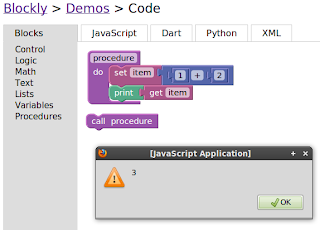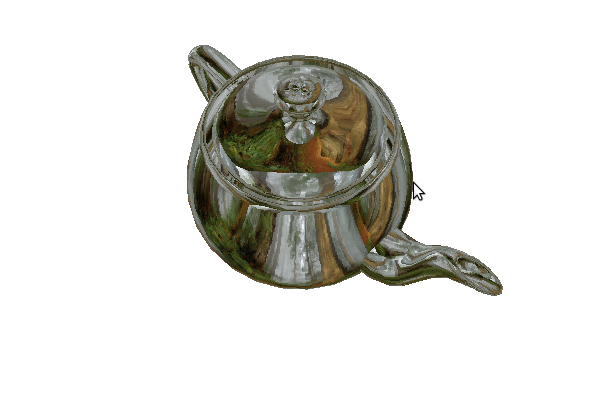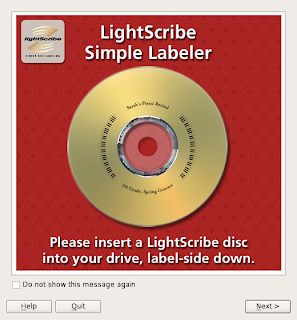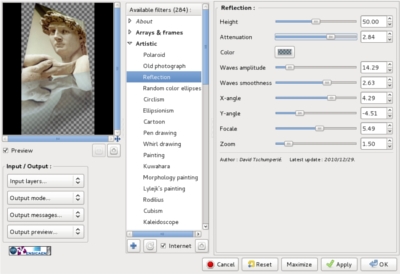Blockly is a web-based, graphical programming language. Users can drag blocks together to build an application. No typing required.

You can see more on google project.
tutorials, tips, tricks, commands, programming, linux, windows, database, sql, python, programming language, Fedora, drawing, painting, tutorial, tutorials

Today I focused on a problem you often encounter.
We have a web folder containing a series of large image files. We want to see the folder that contains but would be difficult to download all the images and then view them search to find a picture of us.
I installed Greasemonkey addon and I began to study how it works.
I don't have experience with javascript programming.
I still managed to make the script below:
// ==UserScript==
// @name show-image
// @namespace show-image
// @description show images from files
// @include http://*
// @version 0.1
// ==/UserScript==
var elements = document.getElementsByTagName("a");
for (var i=0; (anchor=elements[i]); i++) {
src = anchor.getAttribute("href");
if (src.indexOf('.gif') > -1 || src.indexOf('.jpg') > -1 || src.indexOf('.JPG') > -1 || src.indexOf('.jpeg') > -1)
{
img = document.createElement('img');
img.setAttribute('src',src);
img.style.width='10%';
anchor.appendChild(img);
}
}
You can add to show the png file by adding in the if condition in the script :
src.indexOf('.png') > -1 || src.indexOf('.PNG') > -1I hope to help you.

# e4defrag -test -cv /home/your_user/
Total/best extents 170276/165520
Fragmentation ratio 0.03%
Fragmentation score 0.24
[0-30 no problem: 31-55 a little bit fragmented: 55- needs defrag]
# rpm -ivh lightscribe-1.18.24.1-linux-2.6-intel.rpm
Preparing... ########################################### [100%]
1:lightscribe ########################################### [100%]
# rpm -ivh lightscribeApplications-1.18.15.1-linux-2.6-intel.rpm
Preparing... ########################################### [100%]
1:lightscribeApplicationswarning: group admin does not exist - using root%)
warning: group admin does not exist - using root
########################################### [100%] $ ll
total 332
drwxr-xr-x. 4 root wheel 4096 Feb 27 14:10 content
-rwxr-xr-x. 1 root wheel 2980 May 19 2010 launchBrowser.sh
drwxr-xr-x. 3 root wheel 4096 Feb 27 14:10 plugins
-rwxr-xr-x. 1 root wheel 43 May 19 2010 qt.conf
-rw-r--r--. 1 root root 16 May 19 2010 qttr.qm
-rwsr-xr-x. 1 root wheel 314088 May 19 2010 SimpleLabeler
-rw-r--r--. 1 root root 16 May 19 2010 simplelabelertr.qm 
$ cp gmic_gimp ~/.gimp-2.6/plug-ins/
protect()
{
echo "What is the secret ?"
trap protect 2 20
read -s resp
if [ "$resp" != "asd" ]; then
echo "Error!"
exit
fi
}
protect
# chmod 700 /root/.bashrcyum install python-gdata.noarch Python 2.7.1 (r271:86832, Apr 12 2011, 16:16:18)
[GCC 4.6.0 20110331 (Red Hat 4.6.0-2)] on linux2
Type "help", "copyright", "credits" or "license" for more information.
>>> import gdata.docs.service
>>> my=gdata.docs.service.DocsService()
>>> my.ClientLogin('your-account@gmail.com','your-password')
>>> my.CreateFolder('test-fedora')
>>> folders=['aaa','bbb','ccc']
>>> for f in folders:
... my.CreateFolder(f)
...
>>> new_entry = gdata.GDataEntry()
>>> new_entry.title = gdata.atom.Title(text='fedora-test')
>>> category = my._MakeKindCategory(gdata.docs.service.DOCUMENT_LABEL)
>>> new_entry.category.append(category)
>>> created_entry = my.Post(new_entry, '/feeds/documents/private/full')
>>> import getpass
>>> username = raw_input('Please enter your username: ')
Please enter your username: user1
>>> password = getpass.getpass()
Password:
>>> print username
user1
>>> print password
pass1
unrar-3.9.9-1.fc15.x86_64.rpm
unrar-3.9.9-1.fc15.i686.rpm
unrar-3.9.9-1.src.rpm
unrar.spec
$ unrar
UNRAR 3.92 freeware Copyright (c) 1993-2010 Alexander Roshal
Usage: unrar -
<@listfiles...>
e Extract files to current directory
l[t,b] List archive [technical, bare]
p Print file to stdout
t Test archive files
v[t,b] Verbosely list archive [technical,bare]
x Extract files with full path
- Stop switches scanning
ad Append archive name to destination path
ai Ignore file attributes
ap Set path inside archive
c- Disable comments show
cfg- Disable read configuration
cl Convert names to lower case
cu Convert names to upper case
dh Open shared files
ep Exclude paths from names
ep3 Expand paths to full including the drive letter
f Freshen files
id[c,d,p,q] Disable messages
ierr Send all messages to stderr
inul Disable all messages
kb Keep broken extracted files
n Include only specified file
n@ Read file names to include from stdin
n@ Include files listed in specified list file
o[+|-] Set the overwrite mode
or Rename files automatically
ow Save or restore file owner and group
p[password] Set password
p- Do not query password
r Recurse subdirectories
sl Process files with size less than specified
sm Process files with size more than specified
ta Process files modified after in YYYYMMDDHHMMSS format
tb Process files modified before in YYYYMMDDHHMMSS format
tn

/proc/sys/vm/